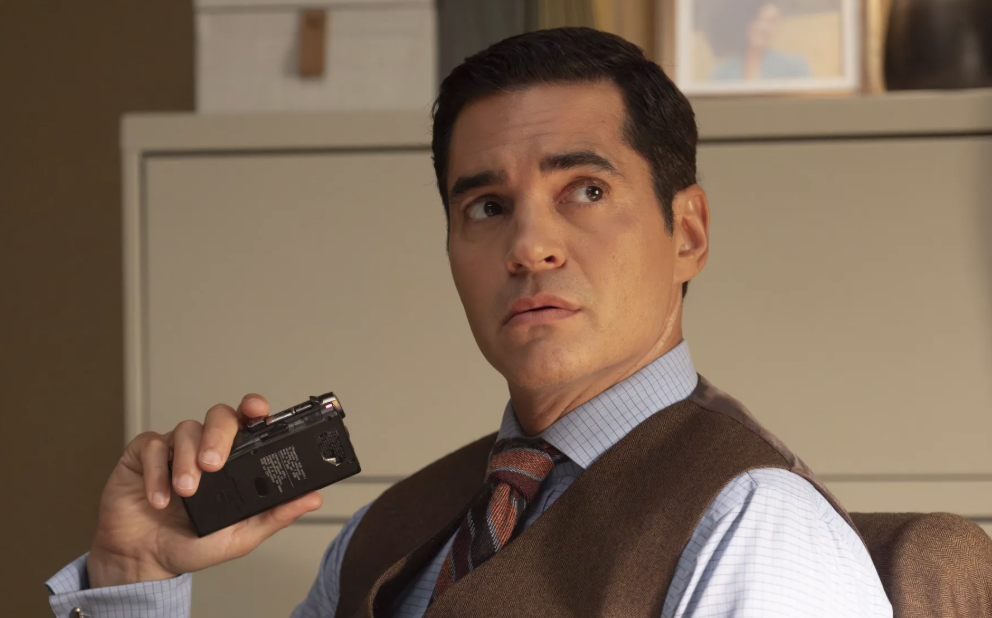
Imagine Special Agent Will Trent, the sharp and observant investigator from the crime thriller series, stepping into a classroom to teach… classic literature. Picture timeless narratives filled with love, loss, heroism, and societal complexities from around the world. Now, envision these stories being analyzed through the keen eye of a criminal profiler. It’s a fascinating, and potentially unsettling, thought experiment that blends the world of crime investigation with the beauty and depth of literary tradition.
Unlocking Human Nature: Analyzing Classic Characters Through a Modern Lens
Forget traditional literary analysis focused solely on themes and symbolism. In Will Trent’s classroom, the motivations and actions of iconic literary figures would be examined with the same scrutiny he applies to criminal behavior. Take, for example, a renowned epic poem. Instead of solely discussing the hero’s journey, Will might delve into the manipulative tactics of the antagonists and the psychological impact of prolonged conflict on the protagonist.
Imagine exploring ancient folktales not just for their moral lessons, but for the underlying behavioral patterns of the tricksters, the motivations of the villains, and the societal structures that might have contributed to conflict. Even powerful and rebellious poetry could be analyzed for its defiance against societal norms and the potential consequences of such outspokenness. This approach offers a fresh and perhaps unexpected way to understand universal aspects of human nature as portrayed in literature from various cultures.
Classroom Investigations: Treating Literature Like a Crime Scene
Forget writing standard literary essays. In Will Trent’s class, students might be tasked with dissecting key passages from classic novels and poems as if they were crime scene reports. They could be asked to identify the psychological profiles of characters based on their dialogue and actions, or to trace the escalation of conflict and wrongdoing within a narrative. Imagine a project where students build a “case file” against a morally ambiguous character in a well-known epic, using textual evidence to support their analysis of their motivations and behaviors.
Discussions on character development would move beyond simple descriptions to explore the underlying psychological drivers of their actions. Students might analyze the “criminal trajectory” of a character who descends into villainy or identify the behavioral patterns of heroes driven by a strong sense of justice or revenge. This hands-on, analytical approach could make classic literature more engaging and accessible to a modern audience.
Unexpected Insights: Connecting Cultures Through Storytelling
By examining literature through the lens of a character familiar to many through crime fiction, readers might discover surprising connections and universal themes. The exploration of human motivations, the consequences of actions, and the complexities of good and evil are present in all cultures and all forms of storytelling. Will Trent’s analytical perspective could serve as a bridge, making the characters and narratives from around the world more relatable and understandable to those from different backgrounds.
Imagine gaining a deeper appreciation for the struggles and triumphs of literary figures by analyzing their behavior with the same critical eye used to understand criminal minds. This unique approach could highlight the timeless and universal nature of human experience as depicted in storytelling from various cultures.

Intrigued? A New Way to Explore World Literature 📚🔍
This unconventional thought experiment offers a potentially fascinating way to engage with literature from different parts of the globe. By bringing the analytical mind of a crime investigator to classic narratives, we can uncover new layers of meaning and connect with these stories in unexpected ways.
What Do You Think?
Which literary work do you think Will Trent would find the most compelling to analyze? Share your thoughts on this unique intersection of crime fiction and world literature!
